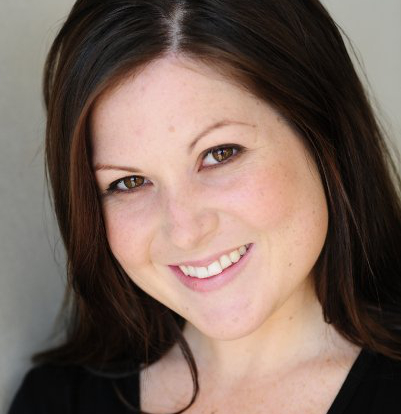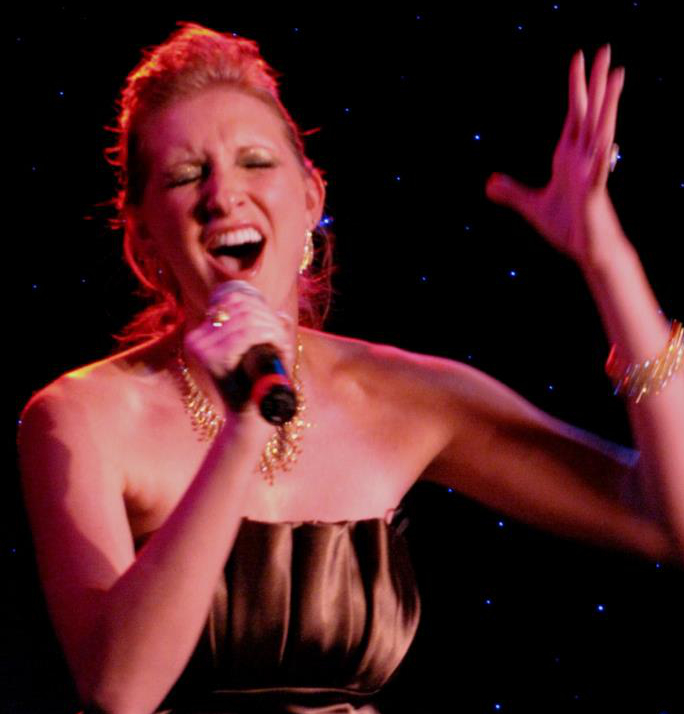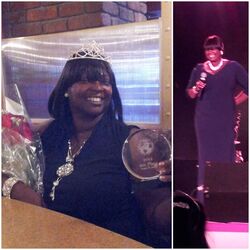Yes, You Can Get A Sore Throat From Singing
(But only if you’re doing it wrong). There are so-called “right” ways to sing and “wrong” ways to sing. One of the most important distinctions between the two is that when done incorrectly, you can get a sore throat from singing.
Many singers are only concerned with the way their singing sounds. The problem with this is two-fold:
- First, you aren’t able to hear yourself the same way that your listeners hear you, so prioritizing how you sound can produce very unreliable results – you can never be certain it’s sounding the way you want in the moment.
- Also, when you prioritize the way your singing sounds, you’re more likely to get a sore throat from singing because you’re trying to reach a “target” without concern for the damage it may be causing.
For this reason, I always advise my clients to be ultra aware of how their singing feels as opposed to how it sounds. It’s easier to replicate how something feels than it is to replicate how something sounds. When you prioritize how it feels instead of how it sounds, your primary concern is with making sure it feels good, safe, pain-free, and correct.
What is the “right” way to sing?
Since you can get a sore throat from singing the “wrong” way, let’s talk about what it looks like to sing the “right” way.
Match Style to Technique to Prevent a Sore Throat from Singing

First and foremost, you always want to make sure you are matching the style of the song to the style of technique you are using. There are 3 separate vocal techniques to choose from and so many singers only know one of them, which can cause you to easily get a sore throat from singing. This is because most often, the wrong technique is being used.
Choosing the wrong technique isn’t just an issue of style or preference. When I refer to choosing the wrong technique for the song, I’m not referring to something as harmless as choosing the wrong length of dress for the type of event you’re attending.
For example, if you are a singer who only knows how to sing in a classical technique (a technique that uses a chest voice, a head voice, breaks, and makes a lot of space inside the mouth), and you want to sing your favorite top 40 hit, this would be choosing the wrong technique for the style of the song. This mistake would more likely than not cause you to get a sore throat from singing.
Support Your Sound to Prevent a Sore Throat from Singing

Another surefire way to get a sore throat from singing is by singing a song without supporting your sound. Even if you do choose the proper technique to match the style of your song, if your sound isn’t supported when you sing, you are going to suffer the consequences. When supporting the sound, singers reap the benefits of The Four Ps:
- PROTECT: Protected vocal cords from inflammation and damage
- PROLONG: Prolonged breath so phrases become easy to complete on one breath
- POWER: Power in the sound without having to strain from the throat
- PITCH CONTROL: The ability to control being in the center of the pitch
With 2 of these Ps, you are able to make it extremely challenging to get a sore throat from singing.
Manage Your High Notes to Prevent a Sore Throat from Singing

Finally, even if you’re choosing the proper technique to match your song and you are properly supporting your sound, if you don’t have a handle on how to negotiate high notes, you will get a sore throat from singing.
Just like with matching your song to the appropriate technique makes a huge difference, the shape of your mouth will be different depending on the technique you are using on your song. If you make the wrong shape for the technique you’ve chosen, you will for sure get a sore throat from singing.
Also, high notes typically require more volume to sing. If you’re not making enough volume to accommodate the high pitch, you’re going to get a sore throat from singing.
If you’re unsure if you’re doing these things correctly, I have an opportunity for you to find out. Visit www.judgemysinging.com to submit a sample of your singing to find out if there’s anything you could be doing differently.




















Have a question or something to say? You'll hear back from me right away!